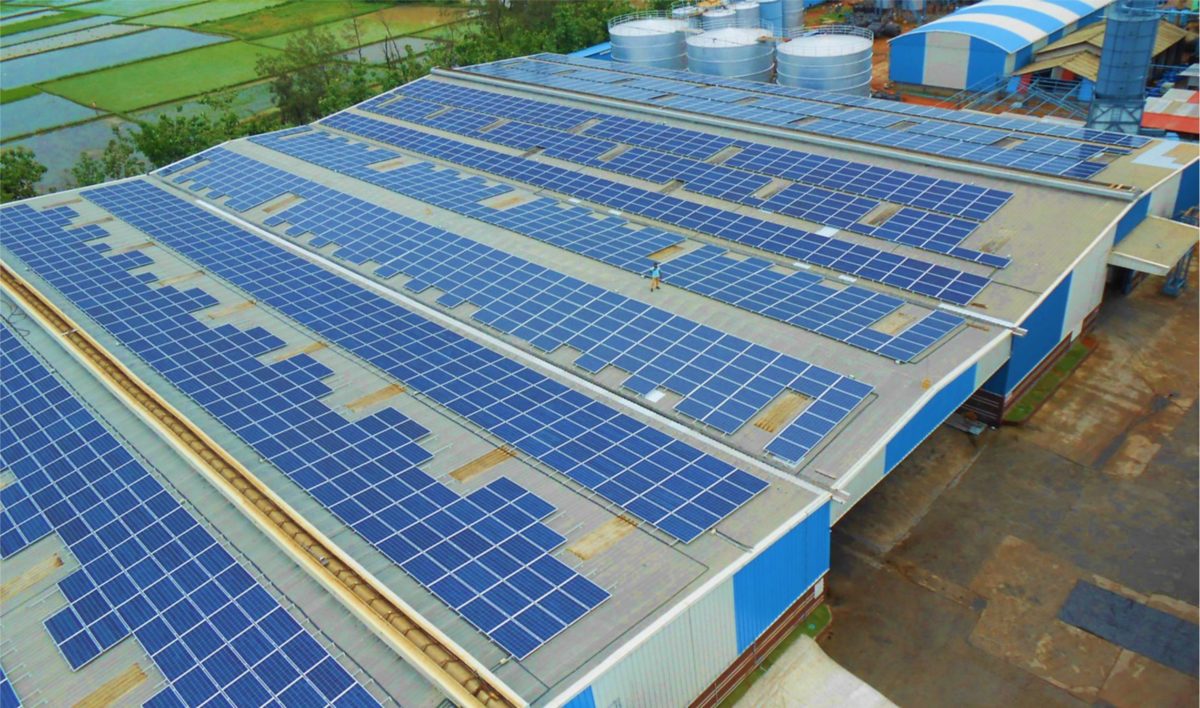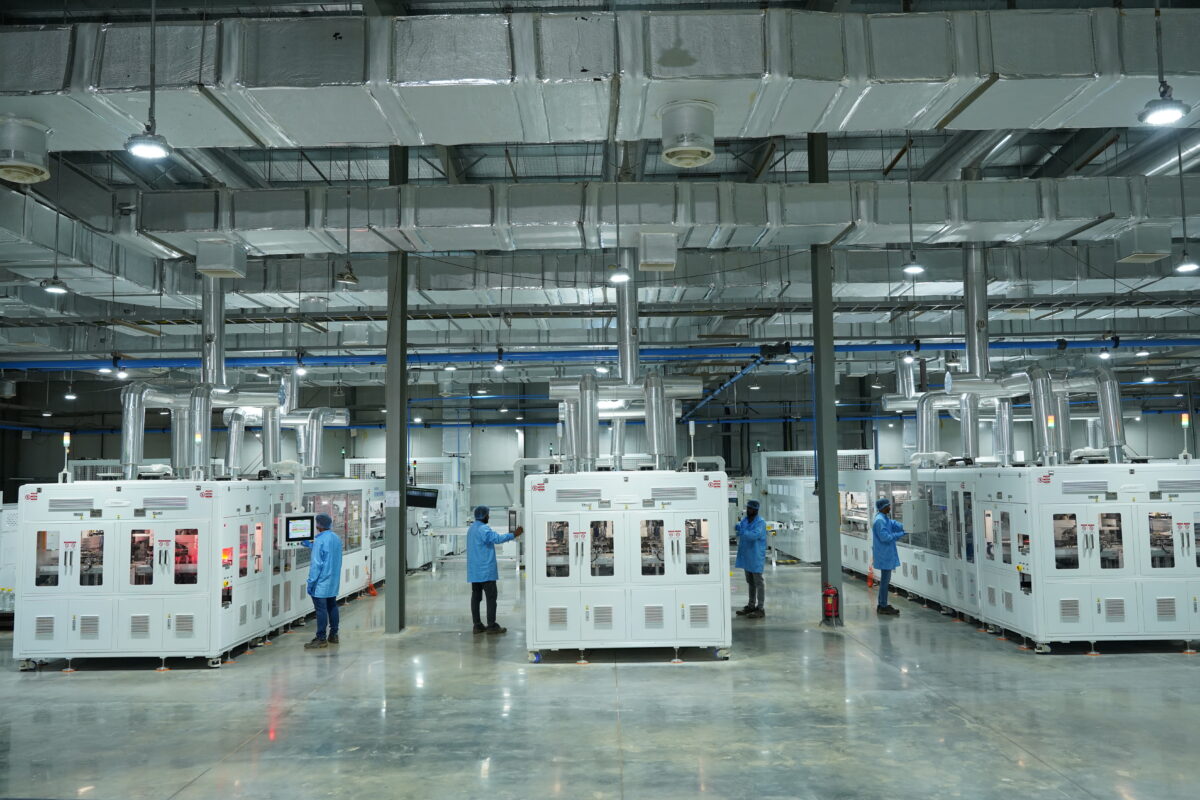Rajasthan Electronics & Instruments Ltd (REIL) has invited bids for setting up 50 MW of grid-connected rooftop and small solar power plants for government buildings. The projects—to be installed in RESCO mode (capital expenditures covered by the installer)—shall come up in different states and union territories of India.
Bids can be made for a minimum of the complete capacity for a state, up to the entire capacities in all states. The size of each project shall be above 1 KWp. One project may, however, comprise several rooftop units. Further, each project shall separately connect with the grid and may have separate meters.
The projects must be commissioned within 7 months from the award of contract. An extension of further six months shall be allowed with penalty on per day basis calculated for the performance security.
Ceiling tariff is fixed at Rs4.65/kWh for sites falling under general category states and union territories, and Rs5.10 for special category states and union territories (North Eastern states including Sikkim, Uttarakhand, Himanchal Pradesh, Jammu & Kashmir, Andaman & Nicobar Islands and Lakshadweep Islands).
The scope of work includes site survey, design, manufacture, supply, erection, testing and commissioning along with associated power evacuation and transmission. The selected developers shall also provide operation and maintenance support for a period of 25 years.
Technical requirements
Only crystalline silicon solar modules made in India are allowed for the projects. These must qualify to the latest edition of IEC module qualification test (IEC 61215) or equivalent BIS standard (IS 14286).
The total solar array capacity should not be less than the allocated capacity (KWp) and should comprise solar crystalline modules of minimum 250 Wp.
The glass used to make the crystalline silicon modules shall be toughened low iron glass with minimum thickness of 3.2 mm for both 60- and 72-cell modules. It shall have transmittance of above 90%.
Further, the backsheet used in the modules should be minimum 300 microns thick with water vapour transmission rate less than 2 g/m2/day and voltage tolerance of more than 1000 V.
Three-phase inverters shall be used with each power plant system of 10 KWp and above. Single-phase inverters can be used in case of systems smaller than 10 KWp.
This content is protected by copyright and may not be reused. If you want to cooperate with us and would like to reuse some of our content, please contact: editors@pv-magazine.com.









By submitting this form you agree to pv magazine using your data for the purposes of publishing your comment.
Your personal data will only be disclosed or otherwise transmitted to third parties for the purposes of spam filtering or if this is necessary for technical maintenance of the website. Any other transfer to third parties will not take place unless this is justified on the basis of applicable data protection regulations or if pv magazine is legally obliged to do so.
You may revoke this consent at any time with effect for the future, in which case your personal data will be deleted immediately. Otherwise, your data will be deleted if pv magazine has processed your request or the purpose of data storage is fulfilled.
Further information on data privacy can be found in our Data Protection Policy.